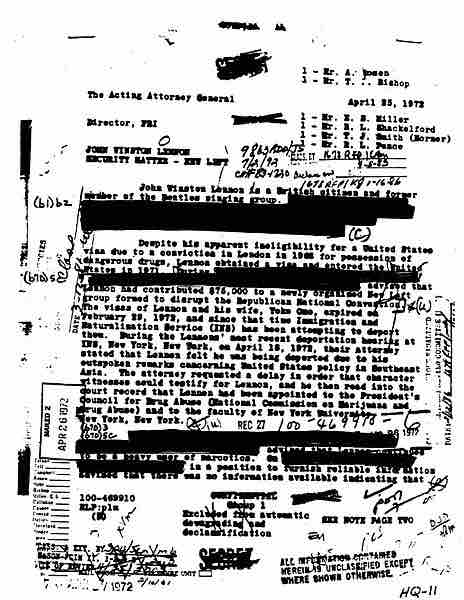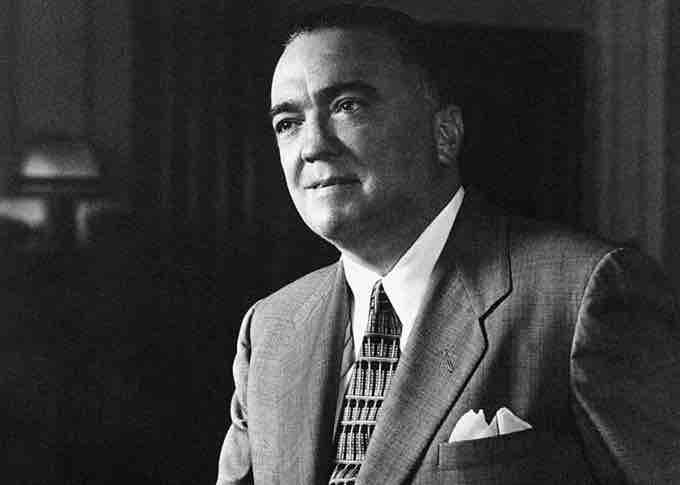Introduction
Freedom of information laws by country detail legislation that gives access by the general public to data held by national governments. They establish a "right-to-know" legal process by which requests may be made for government-held information, to be received freely or at minimal cost, barring standard exceptions. Also variously referred to as open records, or sunshine laws in the United States, governments are also typically bound by a duty to publish and promote openness. In many countries there are constitutional guarantees for the right of access to information, but usually these are unused if specific support legislation does not exist.
Freedom of Information Act
In the United States the Freedom of Information Act was signed into law by President Lyndon B. Johnson on July 4, 1966 and went into effect the following year. In essence, The Freedom of Information Act (FOIA) is a federal freedom of information law that allows for the full or partial disclosure of previously unreleased information and documents controlled by the United States government. The Act defines agency records subject to disclosure, outlines mandatory disclosure procedures and grants nine exemptions to the statute.
The act explicitly applies only to executive branch government agencies. These agencies are under several mandates to comply with public solicitation of information. Along with making public and accessible all bureaucratic and technical procedures for applying for documents from that agency, agencies are also subject to penalties for hindering the process of a petition for information. If "agency personnel acted arbitrarily or capriciously with respect to the withholding, [a] Special Counsel shall promptly initiate a proceeding to determine whether disciplinary action is warranted against the officer or employee who was primarily responsible for the withholding." In this way, there is recourse for one seeking information to go to a federal court if suspicion of illegal tampering or delayed sending of records exists. However, there are nine exemptions, ranging from a withholding "specifically authorized under criteria established by an Executive order to be kept secret in the interest of national defense or foreign policy" and "trade secrets" to "clearly unwarranted invasion of personal privacy."
The Electronic Freedom of Information Act Amendments were signed by President Bill Clinton on October 2, 1996. The Electronic Freedom of Information Act Amendments of 1996 (E-FOIA) stated that all agencies are required by statute to make certain types of records, created by the agency on or after November 1, 1996, available electronically. Agencies must also provide electronic reading rooms for citizens to use to have access to records. Given the large volume of records and limited resources, the amendment also extended the agencies' required response time to FOIA requests. Formerly, the response time was ten days and the amendment extended it to twenty days.
Notable Cases
A major issue in released documentation is government "redaction" of certain passages deemed applicable to the Exemption section of the FOIA . Federal Bureau of Investigation (FBI) officers in charge of responding to FOIA requests have prevented further research by using extensive use of redaction of documents in print or electronic form. This has also brought into question just how one can verify that they have been given complete records in response to a request.

FBI Redaction
In the early 1970s, the US government conducted surveillance on ex-Beatle John Lennon. This is a letter from FBI director J. Edgar Hoover to the Attorney General. After a 25-year Freedom of Information Act Request battle initiated by historian Jon Wiener, the files were released. Here is one page from the file. This first release received by Wiener had some information missing -- it had been blacked out presumably with magic marker -- or what is termed "redacted". A subsequent version was released which showed almost all of the previously blacked-out text.
This trend of unwillingness to release records was especially evident in the process of making public the FBI files on J. Edgar Hoover . Of the 164 files and about eighteen thousand pages collected by the FBI, two-thirds were withheld from Athan G. Theoharis and plaintiff, most notably one entire folder entitled the "White House Security Survey. "

J. Edgar Hoover
John Edgar Hoover (January 1, 1895 – May 2, 1972) was the first Director of the Federal Bureau of Investigation (FBI) of the United States. Appointed director of the Bureau of Investigation—predecessor to the FBI—in 1924, he was instrumental in founding the FBI in 1935, where he remained director until his death in 1972 at age 77. Hoover is credited with building the FBI into a large and efficient crime-fighting agency, and with instituting a number of modernizations to police technology, such as a centralized fingerprint file and forensic laboratories.
In the case of Scott Armstrong, v. Executive Office of the President, et al., the White House used the PROFS computer communications software. With encryption designed for secure messaging, PROFS notes concerning the Iran-Contra affair (arms-for-hostages) under the Reagan Administration were insulated. However, they were also backed up and transferred to paper memos. The National Security Council, on the eve of President George H.W. Bush's inauguration, planned to destroy these records.